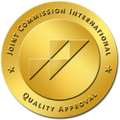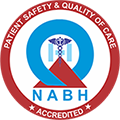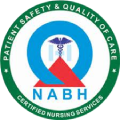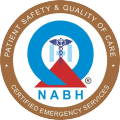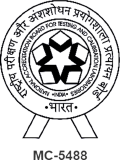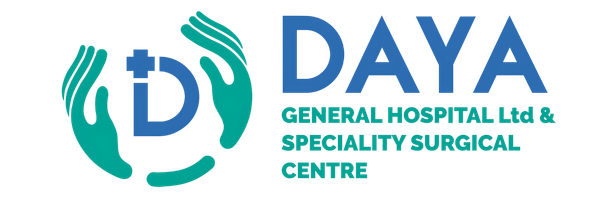Welcome to Advanced Hernia Care at Daya General Hospital, Thrissur
At Daya General Hospital, we specialize in diagnosing and treating all types of hernias with a patient-centered approach. Our experienced team of surgeons, equipped with cutting-edge technology, ensures precise and minimally invasive procedures for faster recovery and improved outcomes.
What is a Hernia?
A hernia occurs when an internal organ or tissue pushes through a weak spot in the surrounding muscle or connective tissue. It can appear in areas such as the abdomen, groin, or diaphragm. Common types include:
- Inguinal Hernia: Found in the groin area.
- Umbilical Hernia: Occurs around the belly button.
- Incisional Hernia: Develops at a previous surgical site.
- Hiatus Hernia: Occurs when part of the stomach pushes into the chest cavity.
- Rare Hernias: Obturator Hernia etc..
If you experience any of these symptoms, consult a healthcare professional for an accurate diagnosis.
Why Choose Daya General Hospital for Hernia Treatment?
- Expert Surgeons: Our team includes highly skilled general and laparoscopic surgeons with extensive experience in hernia repair.
- Minimally Invasive Procedures: We use advanced laparoscopic techniques, reducing recovery time, scarring, and discomfort.
- Comprehensive Care: From diagnosis to post-operative follow-ups, we ensure a seamless treatment journey.
- State-of-the-Art Facilities: Equipped with advanced technology for precise and effective surgical outcomes. 3D Laparoscopy, 4K Laparoscopy etc..
Treatment Options
We offer both open surgery and laparoscopic surgery based on the type and complexity of the hernia. Our surgeons discuss the best approach with each patient, considering their condition and lifestyle.
Frequently Asked Questions (FAQs)
Q1. What are the symptoms of a hernia?
Hernias often present as a visible bulge or lump, accompanied by discomfort or pain, especially when coughing, lifting, or bending. In some cases, hernias may not cause noticeable symptoms but can still require treatment.
Q2. How is a hernia diagnosed?
A hernia is typically diagnosed through a physical examination. In some cases, imaging tests like ultrasound, CT scan, or MRI may be used for confirmation.
Q3. Is surgery always necessary for a hernia?
Not all hernias require immediate surgery. However, surgery is usually recommended if the hernia causes pain, limits activities, or poses a risk of complications like strangulation.
Q4. What is laparoscopic hernia repair?
Laparoscopic hernia repair is a minimally invasive procedure using small incisions, a camera, and specialized instruments. It offers benefits like reduced pain, quicker recovery, and minimal scarring compared to traditional surgery.
Q5. How long does it take to recover after hernia surgery?
Recovery time varies depending on the type of surgery. Most patients resume light activities within a week and return to normal activities within one week after laparoscopic surgery.
Q6. Can a hernia recur after surgery?
While rare, hernias can recur. Choosing an experienced surgeon and following post-operative care instructions significantly reduces this risk.
Q7. How can I prevent a hernia?
Preventative measures include maintaining a healthy weight, avoiding heavy lifting, strengthening core muscles, and addressing chronic coughing or constipation.

